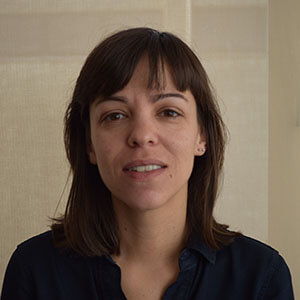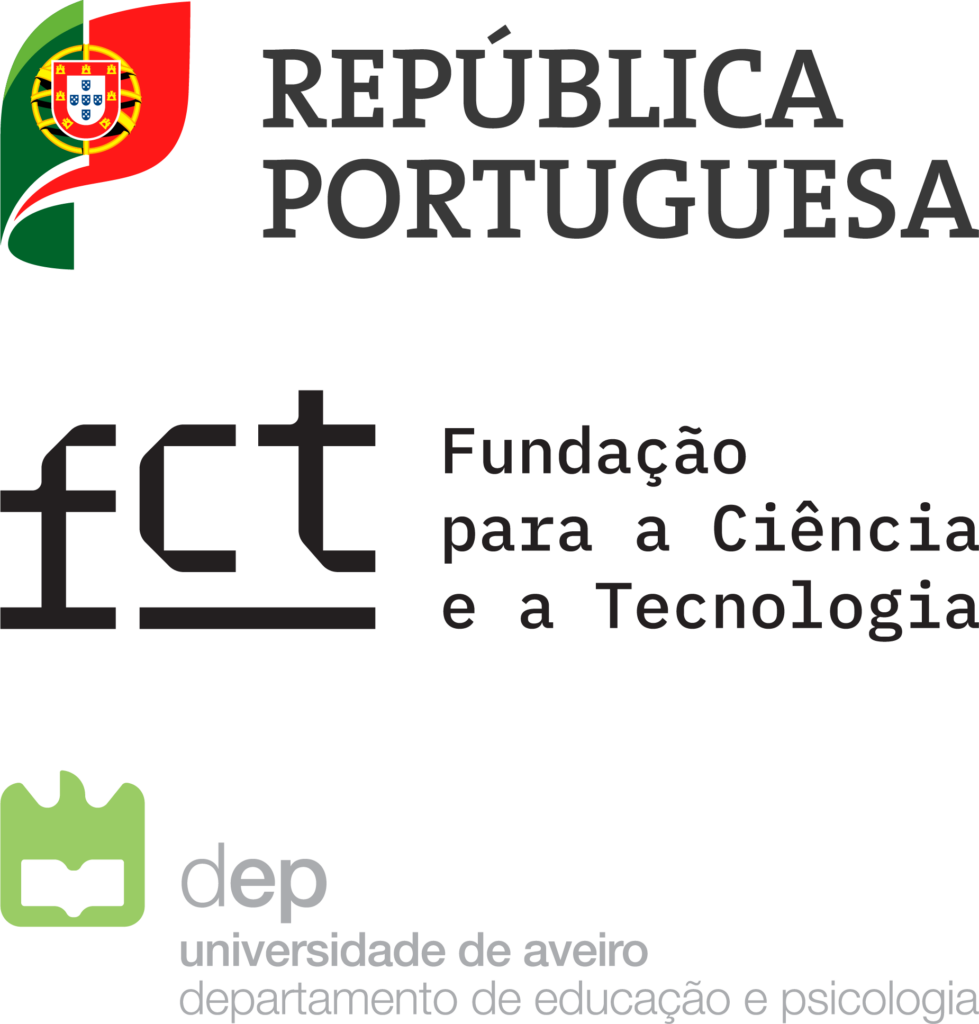A investigadora do CIDTFF Margarida Lucas teve a sua candidatura proposta para financiamento no âmbito da quarta edição do Concurso de Estímulo ao Emprego Científico Individual, com o projeto intitulado “Levelling up digital competence: blended learning in teacher education and training”. A investigadora assinará um dos dois contratos atribuídos para a área da Educação na categoria “Investigador Auxiliar”.
Os resultados do concurso foram comunicados pela FCT no dia 23 de novembro. No global, das 3.730 candidaturas admitidas e avaliadas, foram propostas para financiamento 400, distribuídas por quatro categorias contratuais: 208 contratos de Investigador Júnior, 156 de Investigador Auxiliar, 35 de Investigador Principal e 1 de Investigador Coordenador. O painel das Ciências da Educação recomendou para financiamento oito propostas: quatro na categoria Júnior, duas na categoria Auxiliar e outras duas na categoria Principal. Nesta área, a taxa de sucesso das candidaturas admitidas variou entre 8,70% (Auxiliar) e os 20% (Principal).
Margarida Lucas é investigadora do Grupo de Investigação em Ciência, Tecnologia e Inovação e do LCD – Laboratório de Conteúdos Digitais do Centro de Investigação em Didática e Tecnologia na Formação de Formadores (CIDTFF) do Departamento de Educação e Psicologia da Universidade de Aveiro.
– – – – –
Sobre o projeto*
Abstract: The call for making better use of digital technologies for teaching and learning is not new and despite multiple initiatives and efforts to respond to it, impact has been little evident. The disruption caused by the pandemic exacerbated this call and caught education and training systems by surprise. On the one hand, it unveiled their unpreparedness to shift into new kinds of flexible (blended/online) teaching and learning practices that could meet emergent needs. On the other, it amplified teachers’ needs to develop their digital competence, i.e. to use digital technologies effectively to support students’ learning, inclusion and development. Building on the researchers’ studies and activities the proposed plan aims to provide flexible paths for developing teachers’ digital competence following a competency-based approach, integrating blended and online elements, and aligned with international frameworks. The plan wishes to capitalize on the researchers’ established collaborative networks to i) implement the approach in Portugal and extend it to other Portuguese speaking countries through the reinforcement of international cooperation; ii) develop an experimental assessment method based on competence demonstration. The plan combines qualitative and quantitative methods and seeks to privilege intercultural research equity and fairness, as well as collaboration among partners from different countries.
United Nations 2030 Agenda goals: SDG Goal 4: Quality Education; SDG Goal 17: Partnerships for the Goals
Keywords: Digital pedagogical competence; Competency-based education and training; Development cooperation; Assessment methodologies; Digital education.
*Dados disponibilizados pela investigadora





